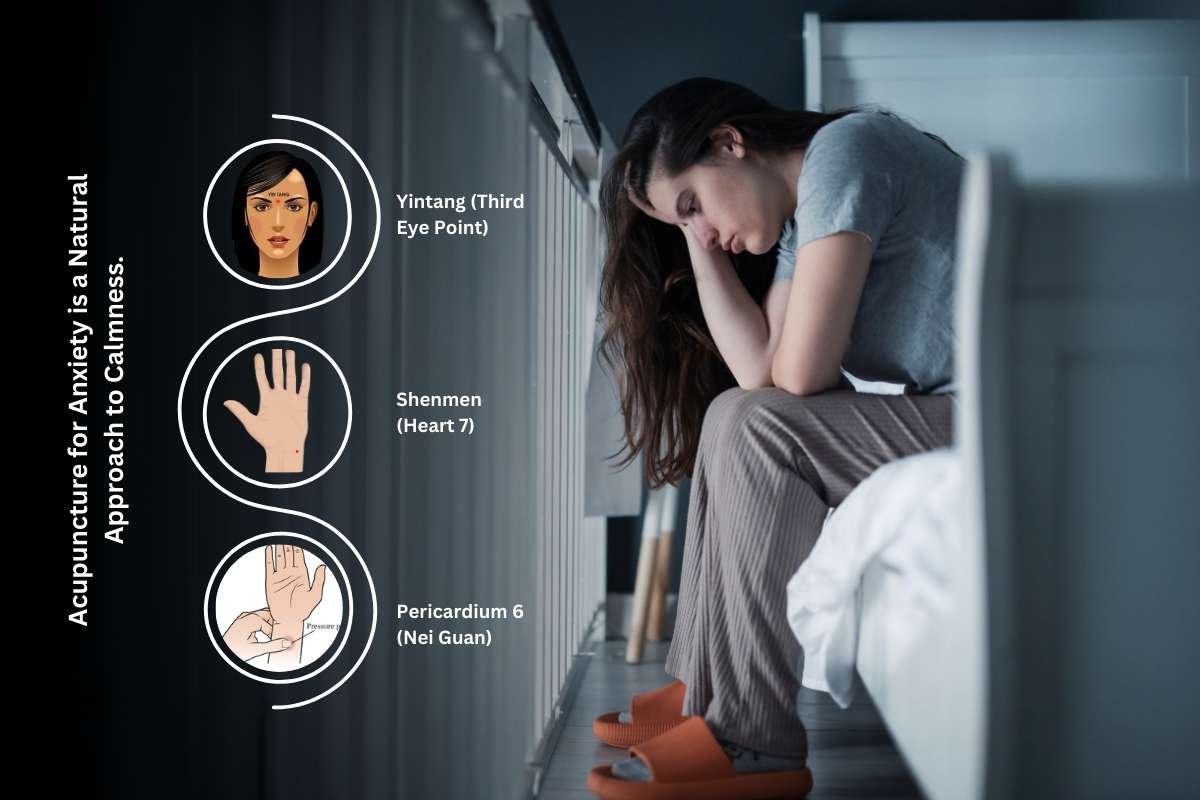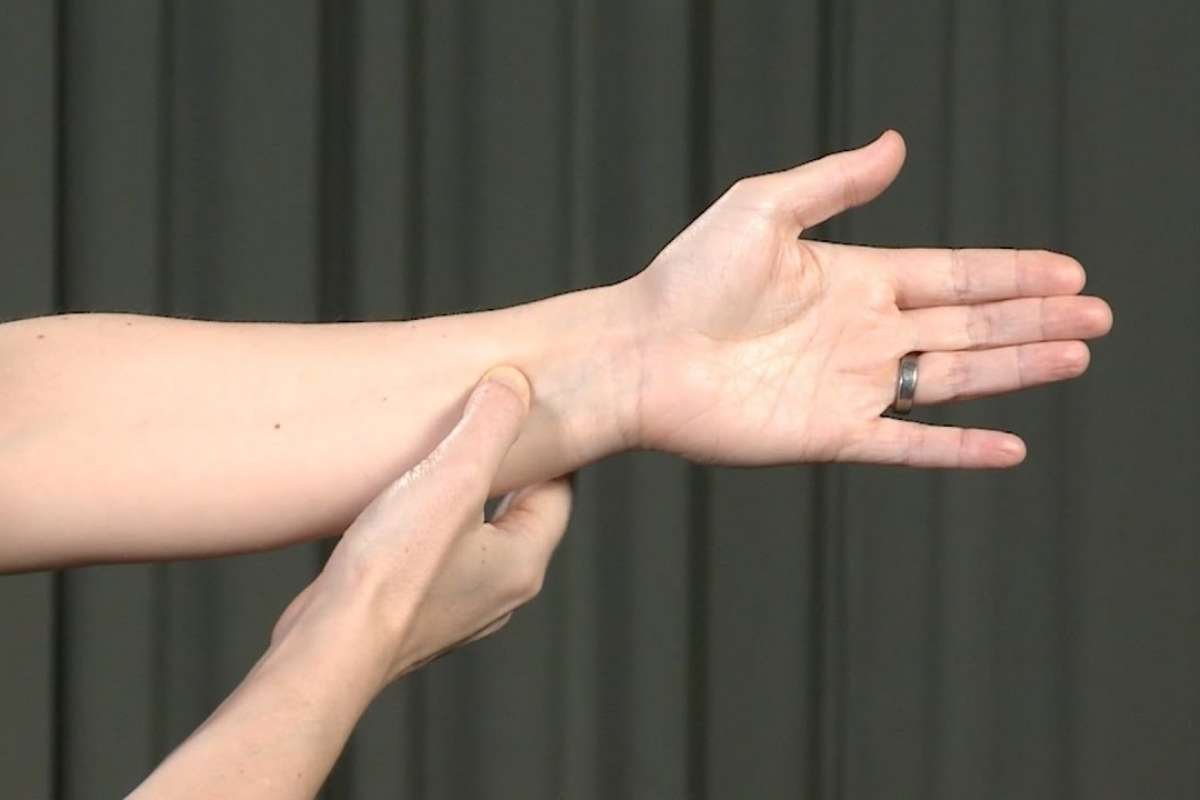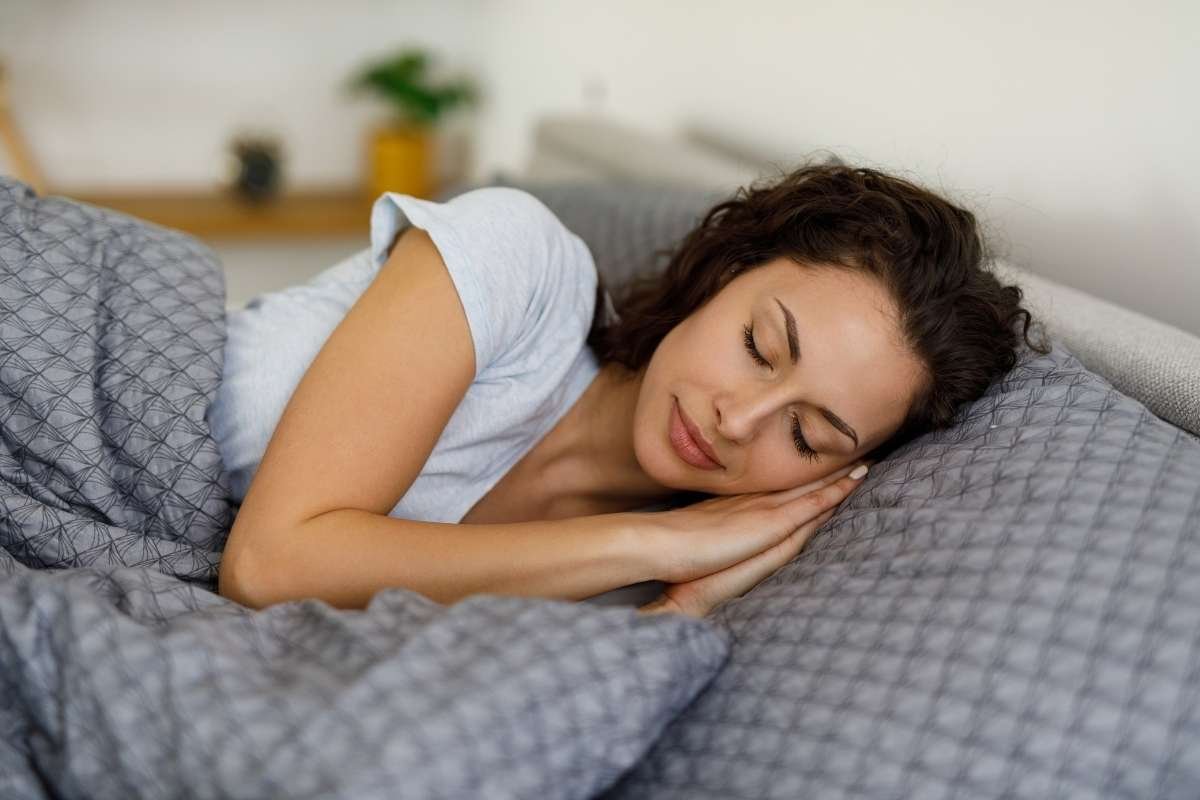Nowadays, increasing work stress and personal challenges have turned anxiety into a common struggle faced by many individuals. In today’s world, mental health is being hampered due to various triggers that can impact daily life tremendously. With the increase in these mental health issues, some solutions are cropping up as a relief. There are therapies and medication that are available and used by numerous people to calm their stress and anxiety.
However, some people are exploring a few alternatives for better outcomes. One such example is acupuncture. It is an ancient Chinese practice that is gaining recognition for its ability to relieve anxiety naturally. But does acupuncture for anxiety give results? We need to find more deep in this concept.
In this article, we will be discussing about how acupuncture for anxiety can be effective and also understand the science behind this along with the benefits of this method of treatment.
Does Acupuncture for Anxiety Work?
Acupuncture has been used for thousands of years to treat various physical and mental health conditions, including stress and anxiety. But does it work? Scientific studies suggest that acupuncture for anxiety can be an effective complementary therapy.
Several clinical trials indicate that acupuncture may help reduce anxiety symptoms by promoting relaxation, balancing neurotransmitters, and improving overall well-being. A study published in the Journal of Acupuncture and Meridian Studies found that participants who received acupuncture experienced a significant reduction in anxiety levels compared to those who did not. Additionally, research from The Journal of Alternative and Complementary Medicine suggests that acupuncture may regulate cortisol levels, the body’s primary stress hormone, contributing to a calmer state of mind.
While acupuncture is not a one-size-fits-all solution, many individuals report feeling more relaxed and emotionally balanced after just a few sessions. However, as with any treatment, its effectiveness depends on factors like the severity of anxiety, frequency of sessions, and individual response to the therapy.
How It Works?
Acupuncture is based on Traditional Chinese Medicine (TCM) principles, which views the body as an interconnected system of energy pathways known as meridians. According to TCM, anxiety results from imbalances in the body’s energy, or “Qi” (pronounced “chee”). Acupuncture involves inserting fine needles at specific points on the body to restore balance and promote overall health.
From a scientific perspective, acupuncture stimulates the nervous system, influencing the release of chemicals like endorphins, serotonin, and dopamine—neurotransmitters that play a crucial role in mood regulation. Additionally, acupuncture helps reduce inflammation and modulate the autonomic nervous system, which controls the body’s stress response.
During a session, a licensed acupuncturist will assess your condition and insert needles at specific acupuncture points, such as:

- Yintang (Third Eye Point): Located between the eyebrows, this point is known for its calming effects.
- Shenmen (Heart 7): Found on the wrist, it helps relieve anxiety and promote emotional stability.
- Pericardium 6 (Nei Guan): Positioned on the inner forearm, this point is often used to ease nervous tension.
Most patients experience a sense of deep relaxation during and after the session, with improvements in sleep, mood, and overall mental clarity.
Learn More: The Ultimate Guide to Holistic Wellness: A Path to Balanced Mind, Body, and Spirit
What Are the Possible Benefits of Acupuncture for Anxiety?

The benefits of acupuncture for anxiety extend beyond stress reduction. This holistic therapy offers a range of positive effects that contribute to overall well-being:
1. Natural Stress Relief
Unlike medications, which may cause dependency or side effects, acupuncture provides a natural way to manage anxiety by activating the body’s self-healing mechanisms.
2. Improved Sleep Quality

Many individuals with anxiety also struggle with insomnia or restless sleep. Acupuncture has been shown to regulate melatonin levels, helping patients fall asleep faster and experience deeper rest.
3. Reduced Physical Symptoms of Anxiety
Anxiety often manifests physically, leading to symptoms like muscle tension, headaches, rapid heartbeat, and digestive issues. Acupuncture helps relieve these discomforts by promoting relaxation and improving circulation.
4. Enhanced Mood and Emotional Stability
Acupuncture encourages the release of serotonin and dopamine, neurotransmitters responsible for happiness and emotional balance. This can result in a more positive outlook on life and improved mental resilience.
5. Long-Term Anxiety Management
Regular acupuncture sessions can help regulate the body’s stress response over time, making it easier to cope with anxiety triggers in daily life.
Learn More: Infrared Energy & Healing: Your Guide to Natural Relief and Recovery
Conclusion
Acupuncture for anxiety is known for offering promising results for people who are seeking a natural, drug-free way to manage their anxiety. Acupressure possesses the ability to reduce stress and provide relaxation along with improving your overall well-being. That’s why it is gaining recognition among people as an effective therapy method. There is are chance that the outcomes can differ from person to person, but including acupuncture in your anxiety management list and making your lifestyle choice healthy will benefit you and add more balance and peace in your mind.
However, before getting into it, consult a licensed practitioner to plan out the best way as per your requirements.
By accepting acupuncture as a complete wellness routine, any individual struggling with anxiety can surely take a step ahead towards inner peace and emotional balance.







